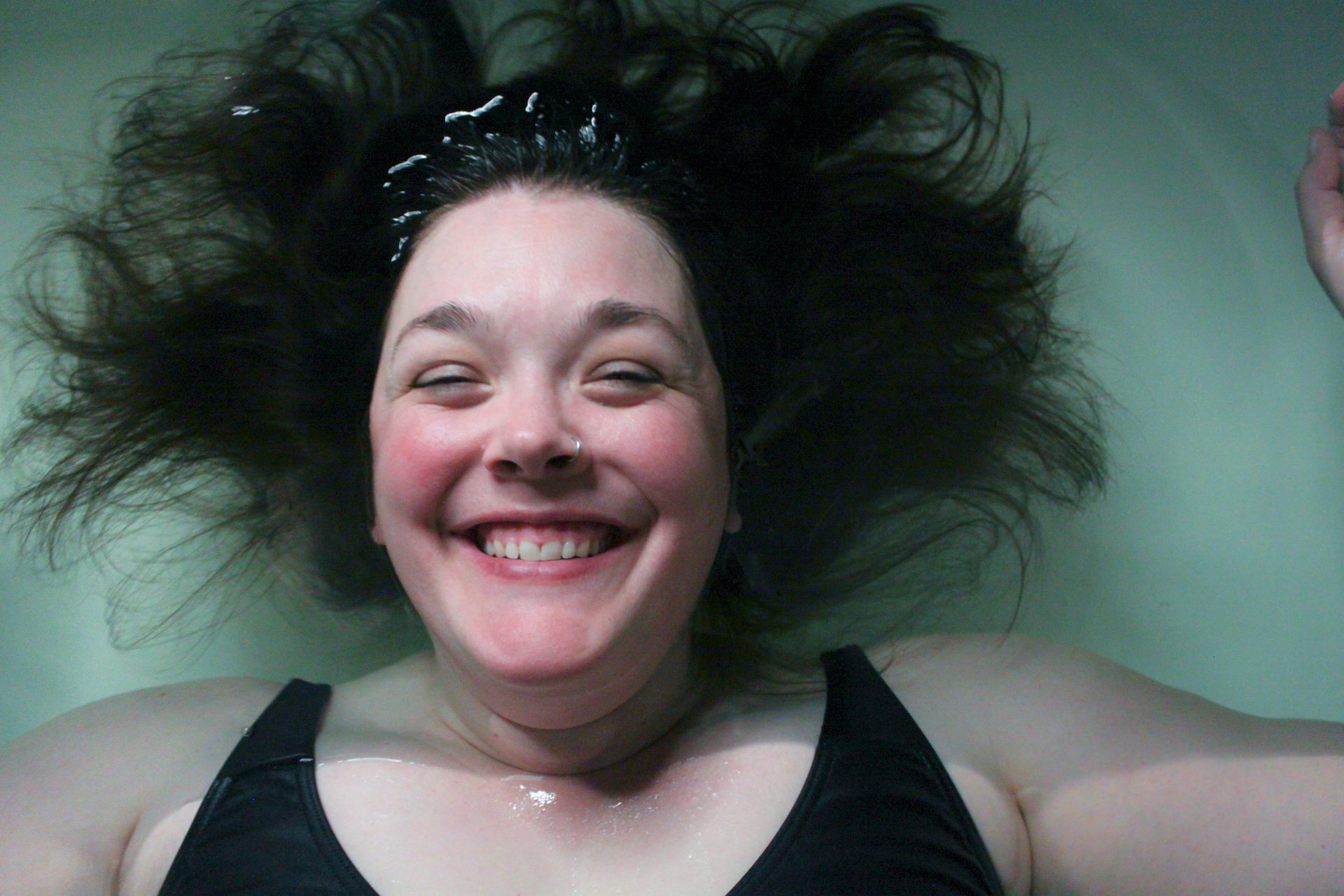Benefits of Deprivation of Senses
Benefits of Deprivation of Senses

Sensory deprivation often linked with isolation tanks or floatation therapy involves reducing or removing stimuli to one or more senses. Despite seeming counterintuitive depriving oneself of input can bring about advantages, for mental, emotional and physical well being. In this article we will explore the benefits of deprivation and how it can improve overall health.
Improved Focus and Concentration
One of the advantages of deprivation is its ability to enhance focus and concentration. By eliminating distractions individuals can fully concentrate on their tasks. Studies indicate that sensory deprivation can boost performance and focus by removing competing stimuli.
Relaxation
In todays paced world stress affects people. Sensory deprivation provides a break from stimuli bombardment allowing individuals to achieve relaxation. Research indicates that sensory deprivation can lower cortisol levels. The stress hormone. Leading to a feeling of peace and serenity.
Boosted Creativity
Creativity thrives in distraction environments making sensory deprivation a space, for unlocking ones creative abilities. When the mind is free, from stimuli it opens up the opportunity to explore fresh ideas and different viewpoints. Many creative individuals like artists, writers and innovators attribute moments of inspiration to deprivation experiences.
Enhanced Sleep Quality
Getting good quality sleep is crucial for our health and wellness. Many people struggle to achieve it. Sensory deprivation can help promote sleep by inducing relaxation and reducing disturbances during the night. By incorporating sensory deprivation practices into bedtime routines individuals may find themselves enjoying more rejuvenating sleep.
Increased Sensory Awareness
When one sense is deprived our other senses tend to become more attuned. Without auditory distractions individuals may notice sensations that would have otherwise gone unnoticed. This heightened sensitivity can deepen our connection with the environment around us. Improve our perception.
Pain Relief
Sensory deprivation shows potential in easing pain and discomfort. By limiting input the brains perception of pain can be lessened, offering relief for those dealing with conditions like chronic pain or fibromyalgia. Moreover sensory deprivation has the ability to stimulate the production of endorphins – pain relieving compounds in the brain.
Mindfulness Practices and Meditation
Engaging in mindfulness activities and meditation becomes simpler when we are, in an environment of distractions. Float tanks provide a tranquil environment for people to enhance their meditation routine and develop mindfulness. By immersing oneself in a state of seclusion individuals can reach heightened levels of consciousness and inner tranquility.
Enhanced Performance, in Sports
Athletes are always on the lookout for ways to excel and sensory deprivation could be the key. By minimizing distractions during training athletes can sharpen their focus and concentration resulting in performance on the field or court. Moreover sensory deprivation can assist in recovery by inducing relaxation and alleviating muscle tension.
Improved Cognitive Abilities
Cognitive abilities encompass an array of functions such as memory, attention and problem solving. Studies have indicated that sensory deprivation may lead to enhancements in function including memory retention and enhanced mental clarity post sensory deprivation sessions. By giving the brain a respite from stimuli individuals might notice cognitive skills.
Strengthened Immune System
The immune system plays a role, in safeguarding the body against illnesses. Recent studies suggest that sensory deprivation could potentially boost immunity by enhancing the bodys defense mechanisms against infections. Through stress reduction and relaxation promotion sensory deprivation may contribute to system well being.
Relief, from Symptoms in Specific Situations
The practice of deprivation has shown potential in easing symptoms linked to conditions such as anxiety, depression and post traumatic stress disorder (PTSD). By creating a break from pressures sensory deprivation can provide individuals with relief from symptoms. Support emotional wellness.
Self-Reflection
In our paced lives moments for self reflection are often scarce. Sensory deprivation presents an opportunity for introspection and self exploration enabling individuals to delve into their thoughts, emotions and beliefs without distractions. Many individuals who have tried deprivation have reported gaining insights into themselves and their life experiences.
Enhancement of Overall Wellness
When considering the impact of sensory deprivation practices it becomes evident that they contribute to well being across multiple aspects. From alleviating stress and enhancing sleep quality to boosting creativity and cognitive abilities sensory deprivation offers an approach to promoting health and wellness. By integrating sensory deprivation techniques into their routines individuals can foster balance and harmony in their lives.
In Summary
The advantages of engaging in deprivation are extensive and diverse benefiting emotional and physical health alike. Whether its improved concentration and innovative thinking or reduced stress levels and better sleep quality the practice of deprivation provides advantages, for those aiming to enhance their overall well being.
Click the button below to experience the benefits of the deprivation of senses.












